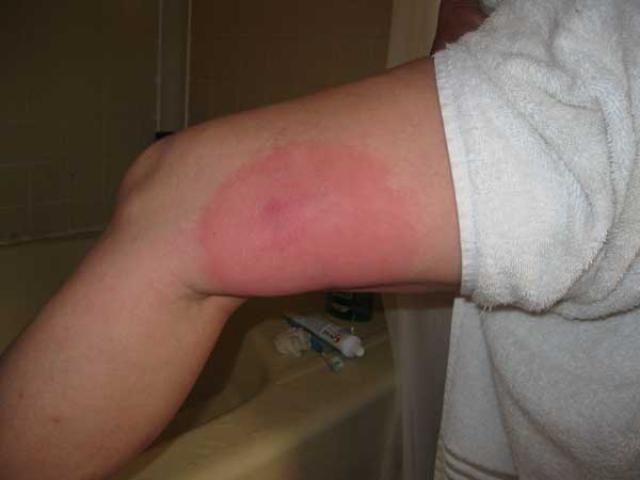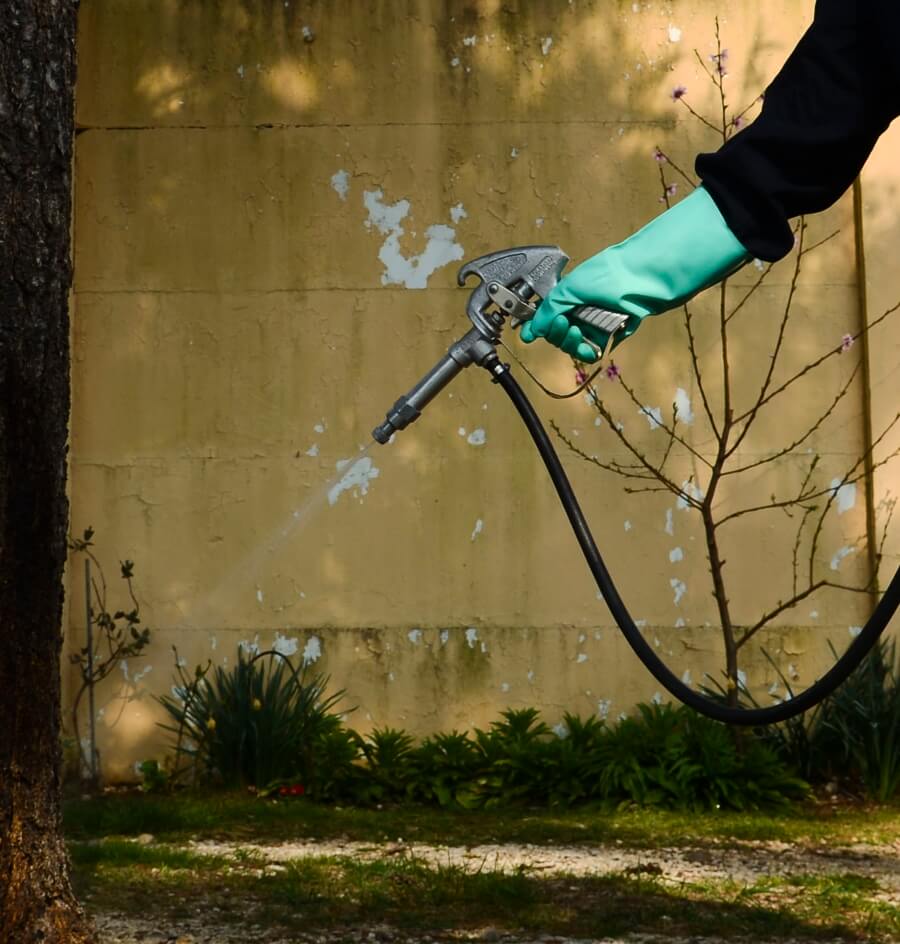When a scorpion stings you, you’ll feel a flash of pain accompanied by redness on the infected area. However, scorpion stings are commonly not egregious and simple home remedies can help alleviate the pain and soreness. Research shows that only 30 of the hundreds of scorpion species can produce fatal stings.
Among the fatal species is the bark scorpion, commonly found in Arizona. However, it’s important to note that even stings from the non-lethal scorpions can result in serious allergic reactions, especially when you are highly sensitive to stings. Let’s have a look at the symptoms and ways to manage scorpion stings.
Symptoms of Scorpion Stings

A scorpion sting releases protein toxins that are responsible for the consequent symptoms. The toxins or venom comprises several protein inhibitors and neurotoxin. The types and deadliness of the toxins differ among the various scorpion species.
The symptoms can range from mild to severe. You may experience numbness, intense pain, and swelling around the site of the sting. Lethal scorpions such as bark scorpions have stings that lead to severe symptoms including;
- Nausea
- Sweating
- Difficulties in breathing
- Muscle twitching
- High heart rate
- Unusual movements of the eyes, neck, and head.
What to Do When Stung By a Scorpion

The action to take following a scorpion sting depends on the severity of the symptoms, a key indicator of the fatality of the scorpion. You can use several home remedies to treat mild symptoms, but you need to immediately seek medical attention if you suspect lethal scorpion sting considering that the symptoms can lead to death when left untreated for a few hours.
Some of the home remedies and treatments that you can use to alleviate lenient symptoms are:
- Applying cold compresses on the affected area at regular time intervals. A considerable way is to apply the cold compress for 10 minutes and then keeping it off the area for 10 minutes and repeating the process until the redness, pain, and swelling subsides.
- Washing the stung areas with soap and water. Most importantly, remove any jewelry that may impede blood circulation when the area swells. It could be a ring on your finger or bracelet on your wrist.
- Taking one or two tablets of Acetaminophen every 4 hours to relieve the pain. However, you should avoid taking aspirin and ibuprofen medication due to the fact that it may aggravate the symptoms. Besides, antibiotics do not work for scorpion stings.
In case of severe symptoms, whereby you should visit a health care center as fast as possible, a doctor may administer drugs intravenously in a bid to treat agitation and high blood pressure.
Sedatives are also helpful in the control of muscle spasms. Scorpion anti-venom may be used to alleviate the symptoms, although there is a growing concern over its accessibility, effectiveness, and cost.
Importance of Spraying For Scorpions

Are you wondering how to control scorpions in your area? Sealing all entry points of the arachnids in your house and using insecticide dust are some of the ways to keep scorpions away from your home. Most importantly, spraying is an effective and easy method of scorpion control. Spraying for scorpions in Arizona has proven to be of great assistance to the state’s residents owing to the high population of the deadly bark scorpions. It involves mixing an insecticide for scorpions (commonly in the form of a wettable powder) with water and spraying the mixture on the perimeter of structures and potential entry points of the scorpions. Scorpion sprays are made to last for long, are not smelly, and do not leave a trace when they dry.
Conclusion
Depending on the severity of the scorpion stings, symptoms may be severe or mild. Application of cold compress and taking acetamophine are sure ways to alleviate mild symptoms while administration of sedatives and scorpion antivenom in hospitals helps to treat severe symptoms. One of the best ways to control scorpions is spraying anti-scorpion insecticides on entry points and wall.






